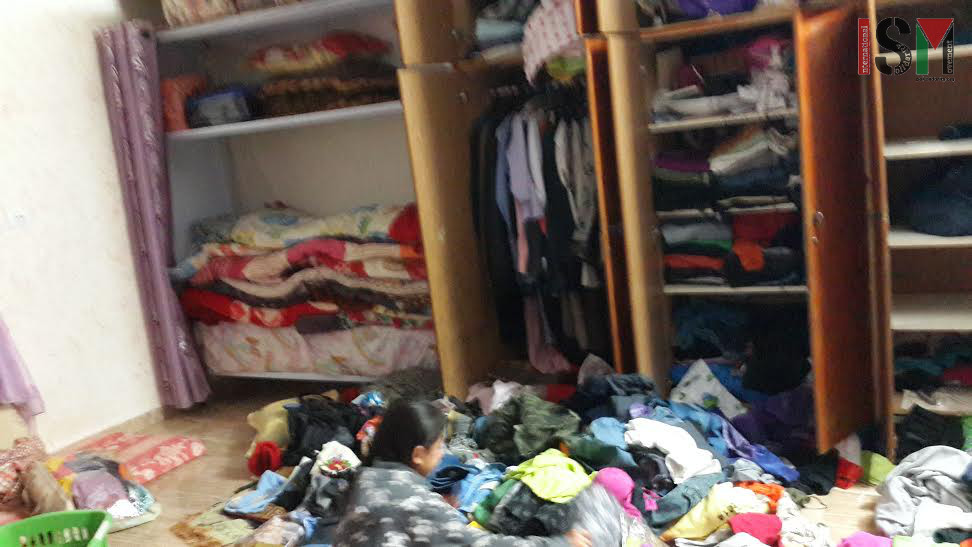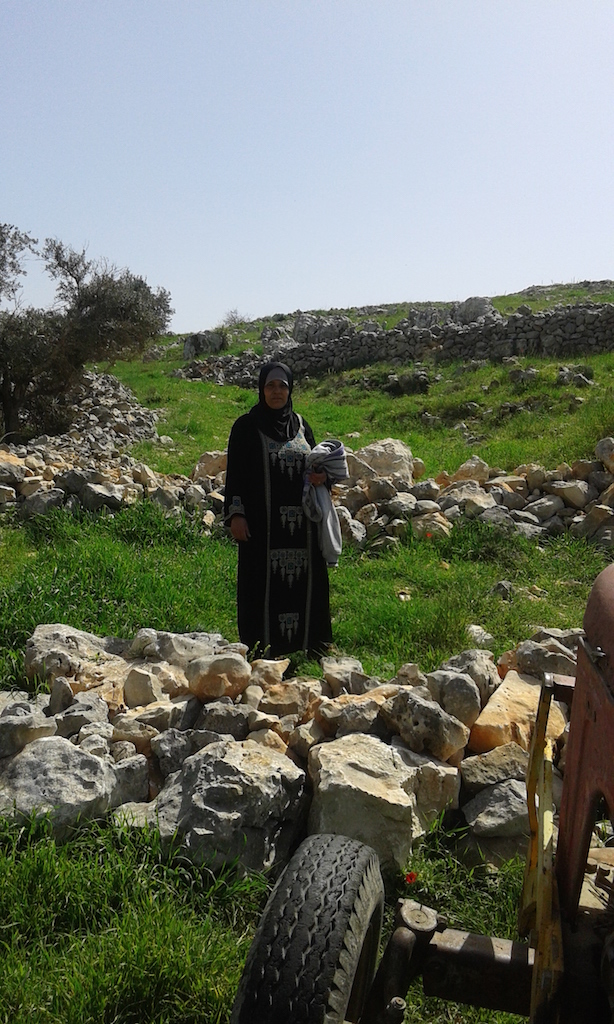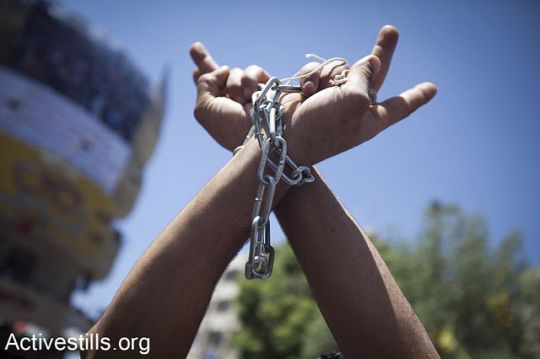Tag: Awarta
-
Nablus family home suffers brutal Israeli night raid
15th July 2015 | International Solidarity Movement, Nablus Team | Awarta, Occupied Palestine On Sunday, July 12, at 1:30 am, a group of 40 Israeli soldiers came into the village of Awarta circling and raiding the home of 22 year old Izzat Qawariq right before the family was preparing to go to sleep. His cousin…
-
Ongoing harassment and restrictions on farmers around Nablus
12th March 2015 | International Solidarity Movement, Nablus Team | Burin, Salim, and Awarta, Occupied Palestine Early spring marks an important time of the year for farmers around Nablus, where critical work must be done to ensure a quality olive harvest in October. In high tension regions, where farmers risk settler attacks while accessing their land, District Coordination Offices…
-
Released after over 10 years in an Israeli prison
22nd January 2015 | International Solidarity Movement, Nablus Team | Awarta, Occupied Palestine Two weeks after his release from prison, ISM activists had the opportunity to sit with Aiman Awwad and his friend, Samer Zaqah, in their hometown of Awarta. Aiman was arrested in June 2004, at the age of 20, and released in January…



